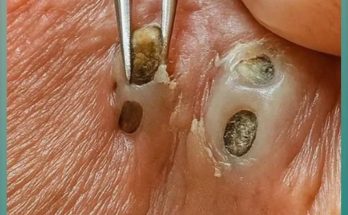1.Fill Half Your Plate with Vegetables
Vegetables are low in calories but high in fiber, vitamins, and minerals.
Aim for a colorful variety—spinach, broccoli, peppers, carrots, or zucchini.
The fiber in vegetables helps you feel full and satisfied, which can prevent overeating.
2. Add a Lean Protein Source (One-Quarter of Your Plate)
Protein is essential for maintaining muscle mass and promoting satiety. Include foods such as:
- Chicken breast or turkey
- Fish like salmon or cod
- Eggs
- Tofu, tempeh, or legumes for plant-based options
Protein slows digestion, helping you stay full longer and supporting healthy metabolism.
3. Include Whole Grains or Fiber-Rich Carbs (One-Quarter of Your Plate)
Opt for high-fiber carbohydrates instead of refined carbs. Fiber helps control blood sugar and keeps hunger at bay. Examples include:
- Quinoa, brown rice, or barley
- Sweet potatoes or squash
- Whole-grain pasta or bread
4. Add Healthy Fats in Small Amounts
Healthy fats improve satiety and help your body absorb fat-soluble vitamins. Include a small portion (about a thumb-sized serving) of:
- Avocado
- Nuts or seeds
- Olive oil or flaxseed oil
5. Flavor Wisely
Use herbs, spices, and citrus instead of high-calorie sauces or dressings. Fresh garlic, ginger, lemon, or a sprinkle of herbs can enhance taste without adding extra calories.
6. Stay Hydrated
Water or unsweetened beverages like herbal tea help support digestion and prevent mistaking thirst for hunger.
Quick Example of a Weight Loss Plate:
- Half plate: Steamed broccoli, spinach, and bell peppers
- Quarter plate: Grilled salmon
- Quarter plate: Quinoa
- Small drizzle of olive oil and a few slices of avocado
Final Tips
- Aim for balanced meals at each main eating occasion.
- Listen to your hunger cues—stop when satisfied, not stuffed.
- Adjust portions based on activity level, age, and personal goals.



